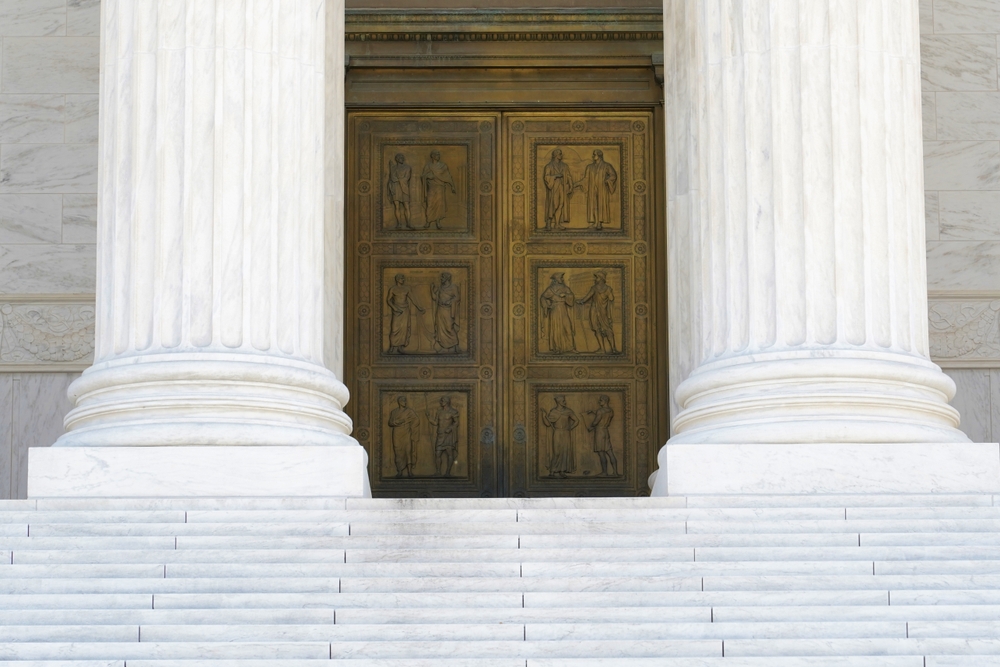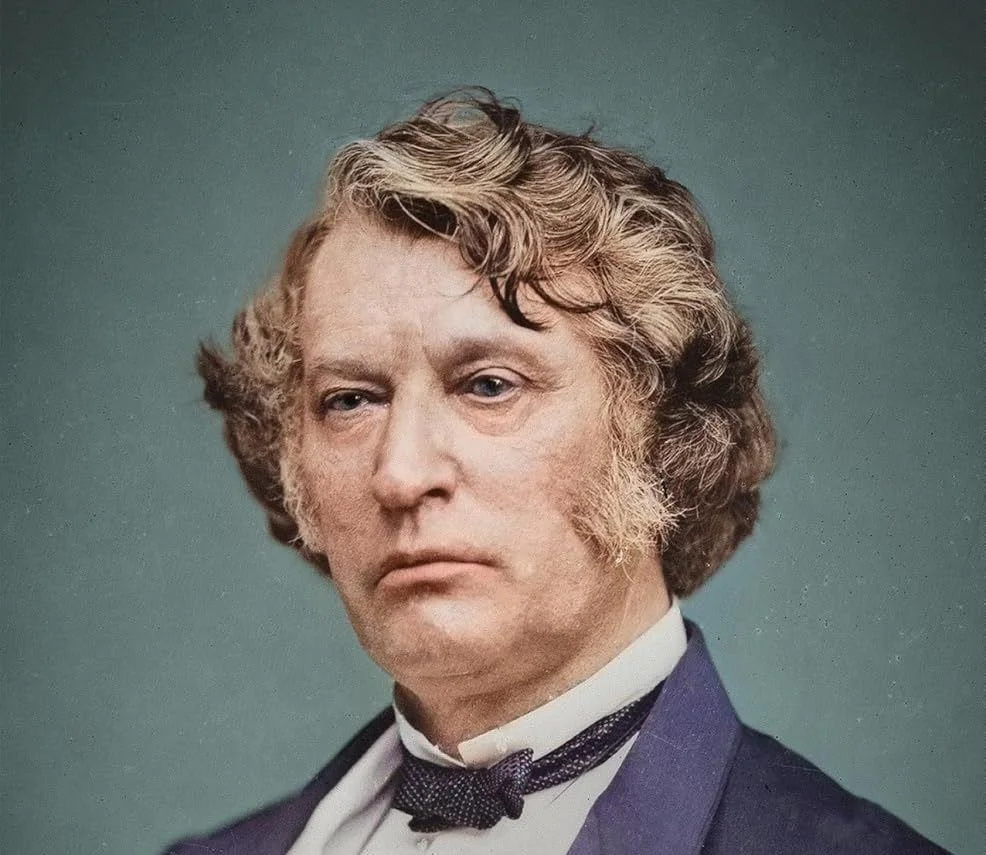
Our Civilization Depends on Serious Universities
Why were so many college presidents caught flat-footed when some of their students tumultuously assembled to praise the gruesome murders of Israelis on October 7, 2023?
Editor's Note: Peter Wood responds to Hadley Arkes' lead essay "Free Speech and the American University: A Proposal."
The direst moment seems to have passed. The unwillingness of college and university administrators to take action against campus takeovers, demonstrations, murderous threats, vandalism, and efforts to drive Jews out of higher education has subsided. This is partly because the Trump administration has come down hard on some of the universities that indulged the transgressors. It is also partly because fads come and go. And it is because an element of moral common sense survives in the American character despite outbreaks of “collective effervescence” of madness that condone and perhaps even commit acts of the utmost evil.
During the encampments and other campus demonstrations orchestrated by supporters of Hamas in fall 2023 and spring 2024, when some students were asked what they were protesting, they gave answers that showed faint knowledge of what Hamas had done and little understanding of the broader conflict between Israel and various Palestinian groups. They chanted “from the river to the sea” without being able to identify either body of water. They mouthed the word “genocide” with no grasp of its literal meaning.
In other words, the size of the demonstrations reflected the skill of the organizers in rousing among ignorant and confused students a sense of excitement at being part of a larger cause that they were ready to believe had something to do with fighting against injustice.
This in no way extenuates the culpability of the universities. Their job includes both curing their students of such profound ignorance and creating an orderly society (on campus and elsewhere) in which important ideas can be debated seriously. The college presidents, provosts, deans, and academics singularly failed at both these essential tasks.
Hadley Arkes’ essay demolishes the excuse that college authorities most commonly gave (and still give) for their nonfeasance. Those authorities profess to have acted out of deep regard for “free speech.” Arkes says less about a second excuse that has increasingly come into play. Those same authorities say they acted out of the need to protect their institutions’ “autonomy.” They regard their colleges and universities as rightfully conducting their affairs in a manner that sets them apart from broader societal concerns and especially from the interference of civil authority.
Arkes makes the compelling argument that freedom of speech has never meant an exemption from natural law and common sense. Inciting race riots, summoning genocide, or whistling up mob rule are not legitimate uses of free speech. Mostly, the courts have agreed with this and, as Arkes reminds us, citing Hobbes, we have a long tradition of prohibiting “tumultuous assembly.”
Why then were so many college presidents caught flat-footed when some of their students tumultuously assembled to praise the gruesome murders of Israelis on October 7, 2023? And why did they have even more difficulty in making compelling responses to students and faculty members who — with no tumult at all — explain forthrightly that their goal is the elimination of the Jewish state?
These are questions about the behavior of the college authorities, not the motives of the Hamas sympathizers who have been abundantly clear about what they want. The college authorities do not endorse genocide (at least not openly). Rather, they endorse a version of First Amendment freedom that Arkes calls “moral emptiness” or muteness. This is a species of relativism, albeit a hypocritical one. They would not stand mute if the attacks were focused on American blacks. Or for that matter, on communists, environmental activists, illegal immigrants, or Native Americans. It seems that a Jewish or Israeli exceptionalism shapes their toleration of homicidal rhetoric. That probably isn’t the only exception, but it is the paradigm. Assaults on conservative activists on campus, such as the members of Turning Point USA, for example, receive a similar acquittal.
“A university that takes itself seriously as a university and not an academic theme park,” to quote Arkes’s pungent phrase, would have a very long way to go to repair the ideological predicates that led to the anemic responses to the campus activists who celebrated the October 7 massacre. Achieving moral clarity is not just the first step, but probably the first ten steps. We don’t accomplish that clarity without replacing the leadership of our colleges and universities; without teaching children long before they matriculate to college that free speech doesn’t abrogate moral responsibility; that the privilege of higher education is rooted in due respect for law and order; but that such respect is merely preliminary to the more profound respect that is due to what is right and good.
I am under no illusions about how hard this will be. American pragmatism stands in the way. ‘The kids will settle down and get good jobs. Let them have their fun as pretend rebels fighting against settler colonialism.’ American libertarians stand in the way. ‘The eternally radical idea of free speech is all that we need to thrive despite our disagreements.’ Fatuous liberals stand in the way. ‘Kindness is the path to peace.’
A serious university is devoutly to be wished for. Our civilization depends on it. But to establish that new regime, we need to bring in demolition crews and a fleet of heavy loaders. I’m grateful that Arkes has begun to clear the path.
Peter Wood is the President of the National Association of Scholars.
Constitutionalism

Amicus Brief: Hon. William P. Barr and Hon. Michael B. Mukasey in Support of Petitioners
Former AGs Barr and Mukasey Cite Civitas in a SCOTUS Brief

Rational Judicial Review: Constitutions as Power-sharing Agreements, Secession, and the Problem of Dred Scott
Judicial review and originalism serve as valuable commitment mechanisms to enforce future compliance with a political bargain.

Supreme Court showdown exposes shaky case against birthright citizenship
Supreme Court will hear challenges to Trump's order ending birthright citizenship, testing the 14th Amendment's guarantee for babies born in America.

Slavery and the Republic
As America begins to celebrate its semiquincentennial, much ink has been spilled questioning whether that event is worth commemorating at all. Joseph Ellis’s The Great Contradiction could not be timelier.

Two Hails For The Chief’s NDA
Instead of trying to futilely plug the dam to stop leaks, the Court should release a safety valve.


.avif)










.avif)



